Major mentorship award for University of Bristol professor
A University of Bristol professor has won a prestigious national award for outstanding support and mentorship in science.
A University of Bristol professor has won a prestigious national award for outstanding support and mentorship in science.
Is it better to have children early or later in life, and does parenthood accelerate ageing? Researchers at the University of Bristol and University College Dublin have tackled these questions by studying an exceptional population of long-lived Greater horseshoe bats.
Complex life began to develop earlier, and over a longer span of time, than previously believed, a groundbreaking new study has revealed. The research sheds new light on the conditions needed for early organisms to evolve and challenges several long-standing scientific theories in this area.
Animals from completely different branches of the tree of life such as insects, worms and vertebrates independently evolved similar genetic solutions to survive on land, according to a new study from researchers at the University of Bristol and University of Barcelona.
A team of University of Bristol experts are poised to join the 30th United Nations Conference of the Parties, better known as COP30, which starts this week in Brazil and will push forward global climate solutions.
Ants make a series of clever architectural adjustments to their nests to prevent the spread of disease, University of Bristol research has uncovered.
The University of Bristol Botanic Garden will once again host Apple Day on Sunday 5 October, a community celebration that transforms surplus garden apples into something truly Bristolian - cider.
A combination of leading research and a charming cosmopolitan city has seen the University of Bristol secure a place in the UK’s top 10 in The Times and Sunday Times Good University Guide 2026.
Paleontologists at the University of Bristol have officially identified a new species of dinosaur from Triassic fossil beds in South Wales, near Penarth – more than 125 years after the specimen was initially reported.
Five University of Bristol early-career researchers have been awarded prestigious European Research Council (ERC) Starting Grants totalling €10 million to pursue their pioneering research.
A new fossil from Devon reveals what the oldest members of the lizard group looked like, and there are some surprises, according to a research team from the University of Bristol. The study is published today [10 September] in Nature.
The modern coelacanth is a famous ‘living fossil’, long thought to have died out, but first fished out of deep waters in the Indian Ocean in 1938. Since then, dozens of examples have been found, but their fossil history is patchy. In a new study, Jacob Quinn and colleagues from the University of Bristol and University of Uruguay in Montevideo have identified coelacanths in museum collections that had been missed for 150 years.
The University of Bristol has received a top accolade in the Daily Mail University Guide, being named Research University of the Year 2026 for ‘constantly pushing at the boundaries of human knowledge’.
Could detecting static electricity be a factor in explaining why treehopper insects have evolved such bizarre body shapes?
Remarkable fossils found in North Greenland have helped researchers solve a 500-million-year-old puzzle surrounding squid-like ancestors.
Butterflies that independently evolved the same wing patterns have also evolved similar eyes and brains which are fine-tuned for vision in the shifting light of tropical rainforests, according to new research led by the University of Bristol published in PNAS this week.
A student who suffered a serious spinal cord injury, leaving him with chronic pain that threatened not just his career but his daily life and passion for sports, has graduated from the University of Bristol with a first-class master’s degree in Biological Sciences.
Twenty-seven subjects taught at the University of Bristol are in the top ten of UK universities, according to a new ranking.
The University of Bristol has become the first institution globally to certify all of its laboratories at Silver level through the Laboratory Efficiency Assessment Framework (LEAF)—a landmark achievement in the journey toward more sustainable research practices.
The Downs will remain as a protected common land for the people of Bristol – and it is all courtesy of some hungry sheep.
Pioneering research has repurposed a gene editing tool to help shed light on the true biodiversity present in natural environments.
Art and nature will be on display this weekend at the University of Bristol Botanic Garden annual Easter Sculpture and Arts Festival. The event will also celebrate 20 years of the garden being at The Holmes in Stoke Bishop.
More mammals were living on the ground several million years before the mass extinction event that wiped out the dinosaurs, new research led by the University of Bristol has revealed.
Two Palaeontology and Evolution students from the University of Bristol have undertaken the first ever study which describes the incredible range of fossils which were sucked into a Neptunian dyke, a deep, fissure like cave on the ancient coastline.
Students tackling period poverty and promoting LGBTQ+ creatives were among those celebrated at the 2025 Outstanding PLUS Awards.
The renowned academic scientific journal PNAS has named a University of Bristol research paper providing insight into a fascinating method used by caterpillars to detect predators as one of the best it published in 2024.
While sneaking up on prey, cuttlefish employ a dynamic skin display to avoid detection in last moments of approach, researchers at the University of Bristol have found.
Ancient frog relatives survived the aftermath of the largest mass extinction of species by feeding on freshwater prey that evaded terrestrial predators, University of Bristol academics have found.
Mites who hitchhike on the beaks of hummingbirds use a surprising method to help them on their journey - electricity.

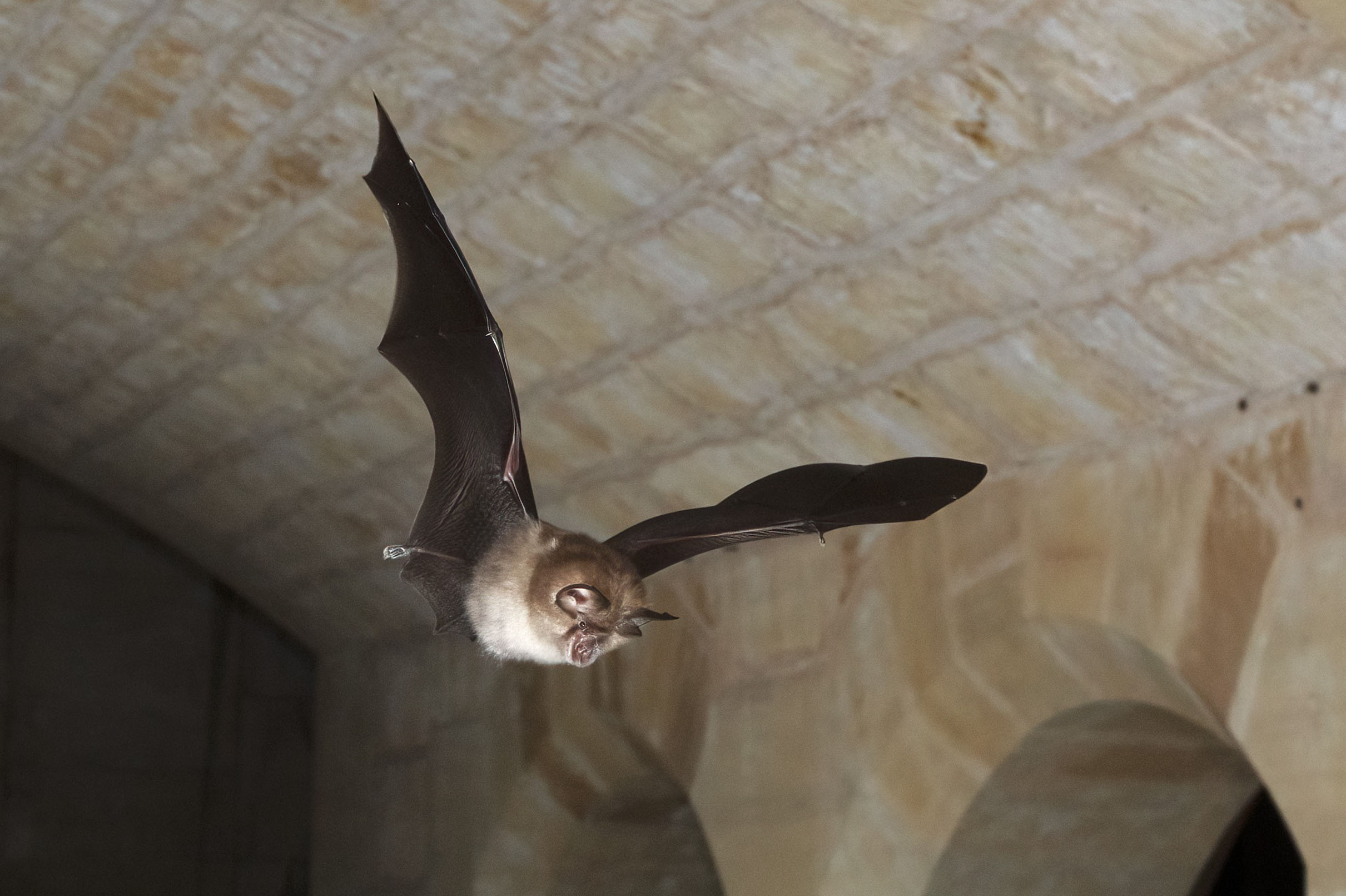
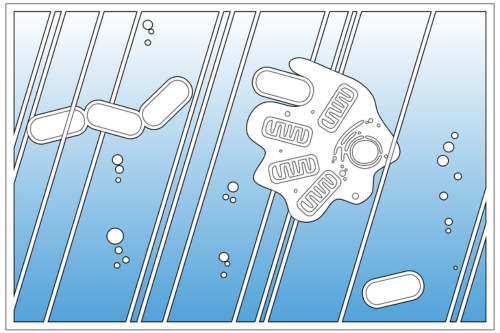
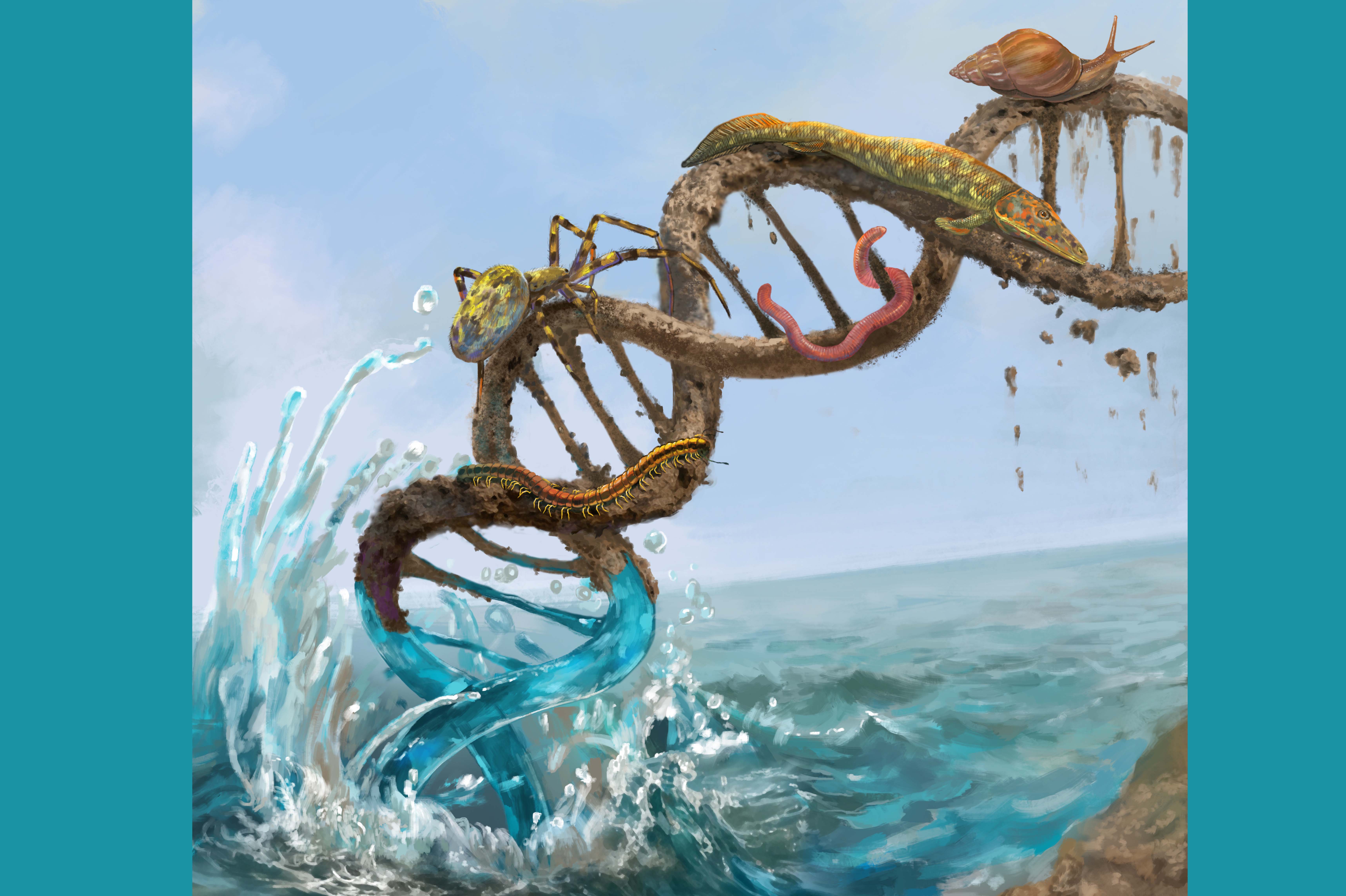
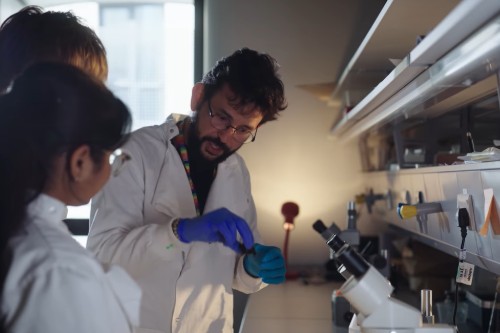
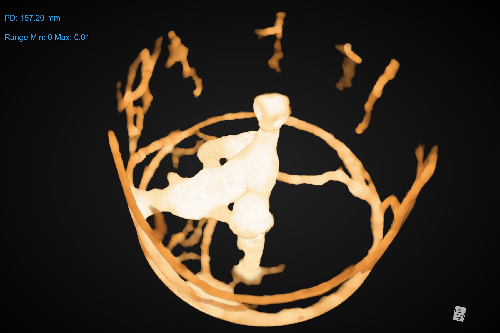

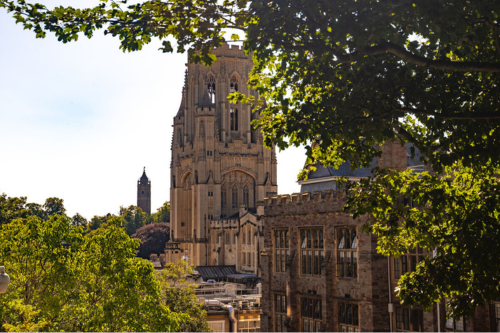
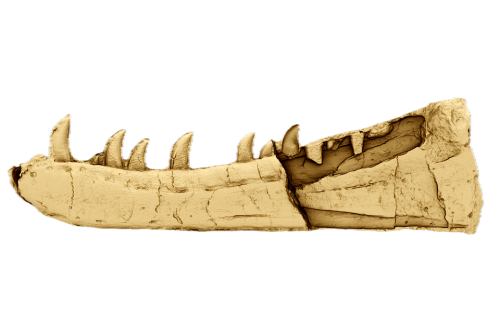
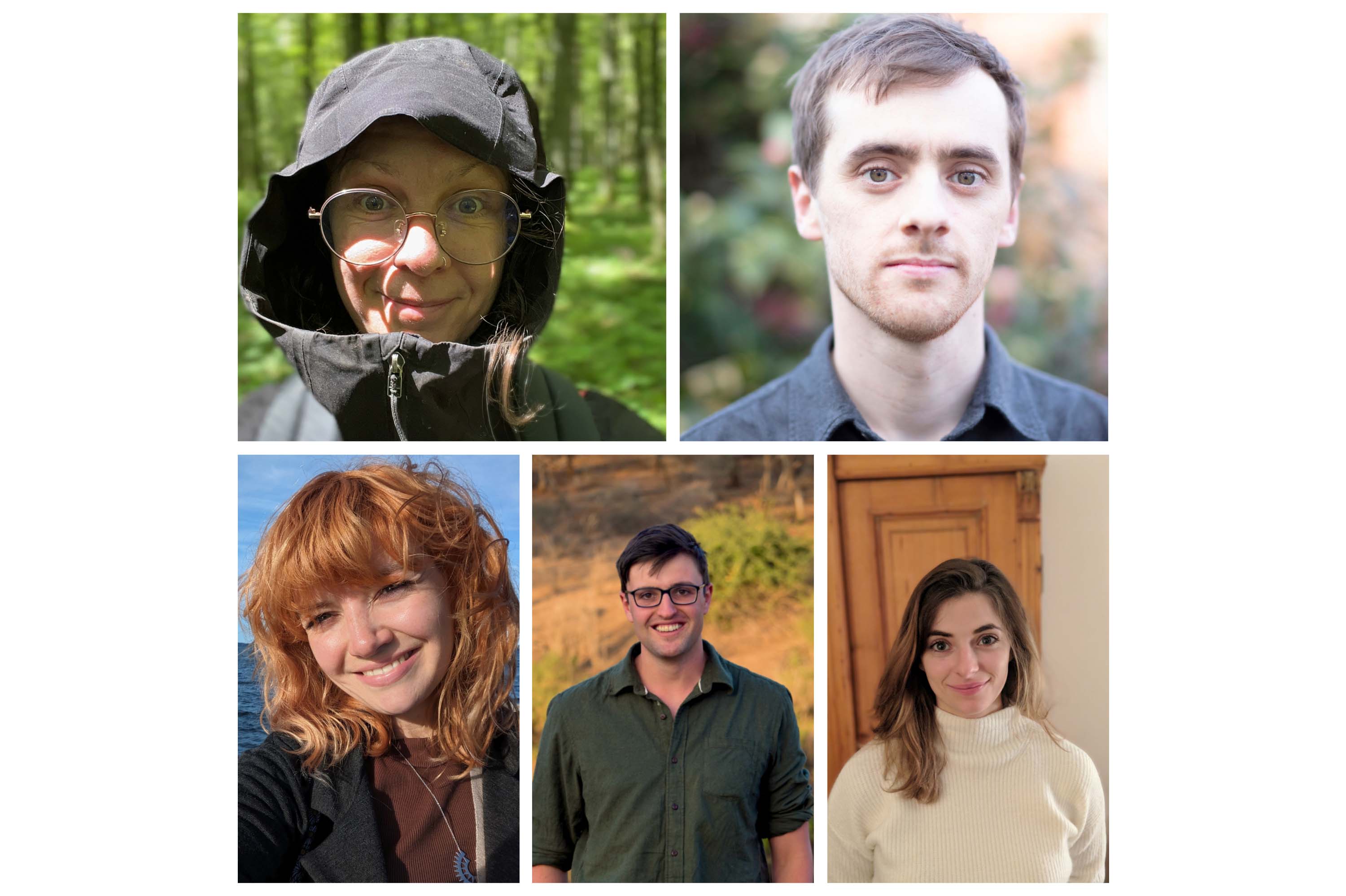
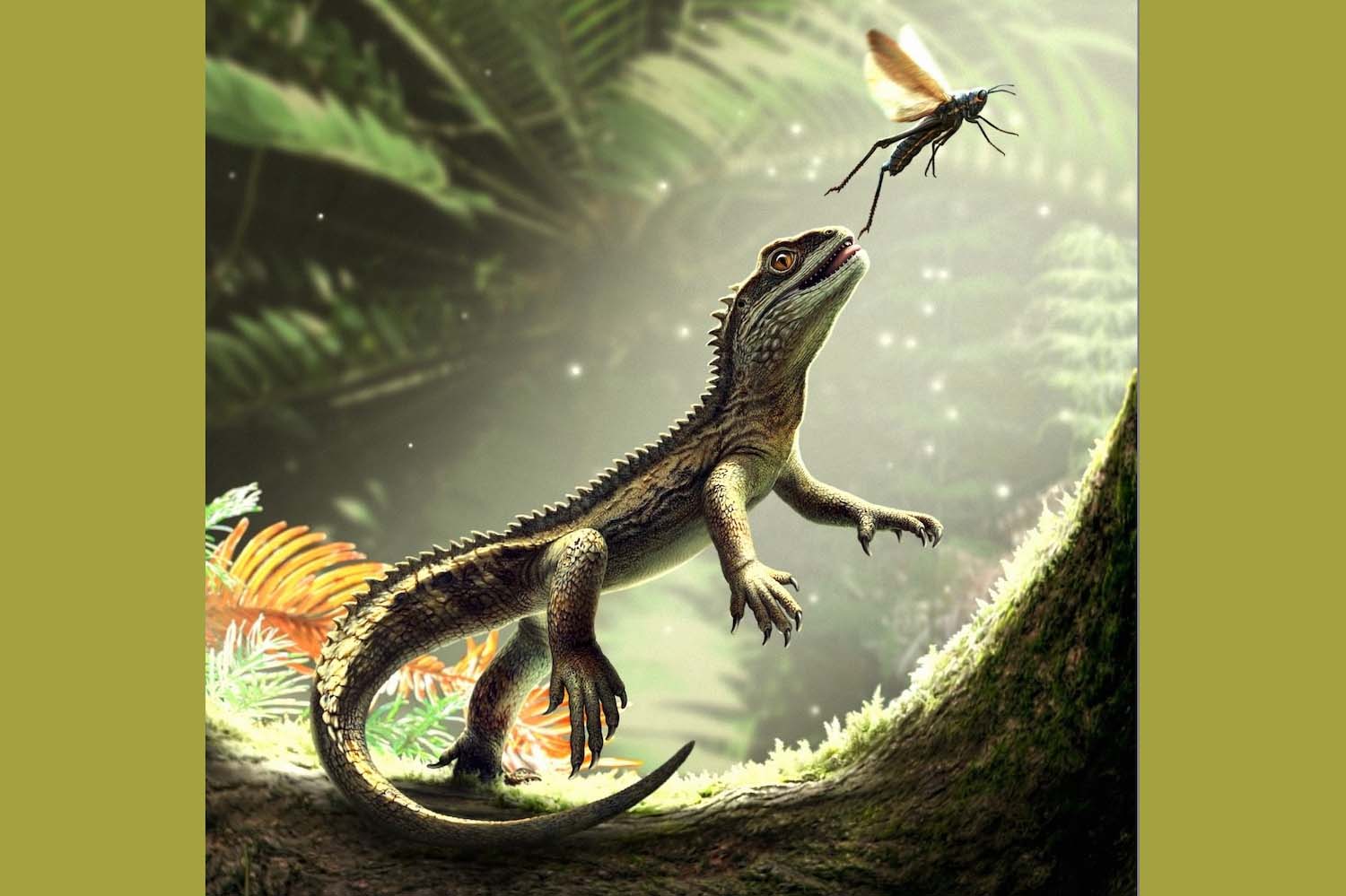
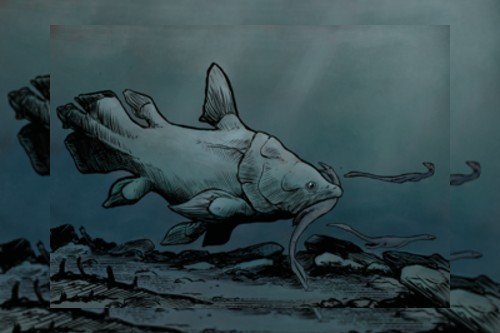
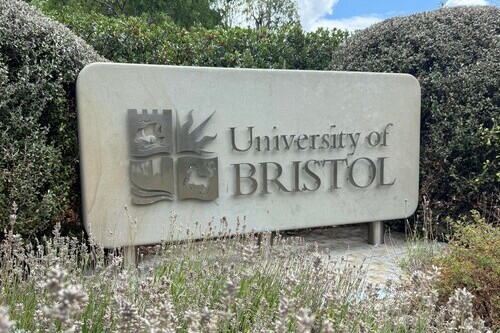
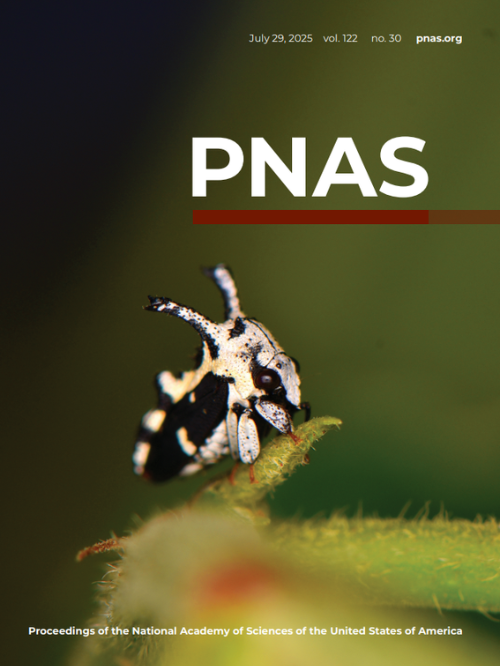
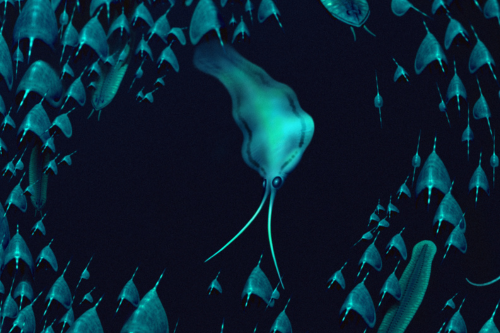
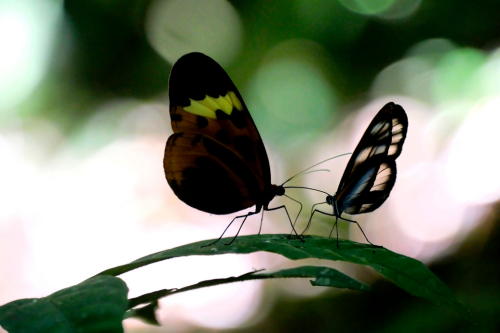



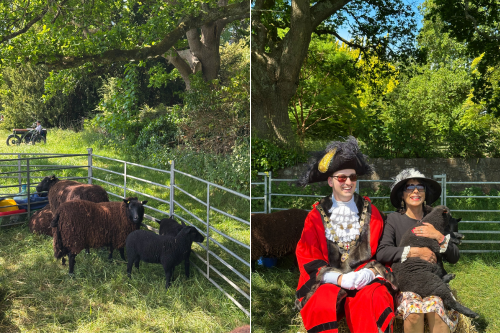
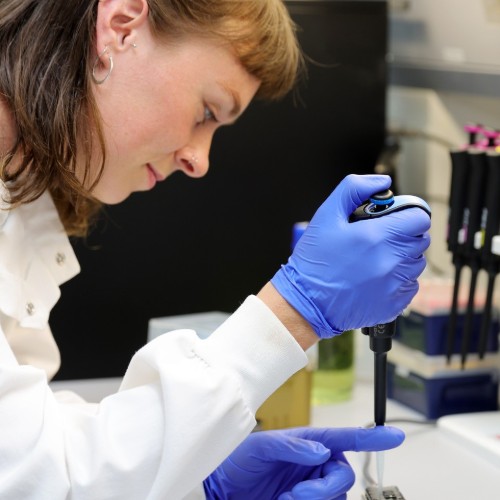
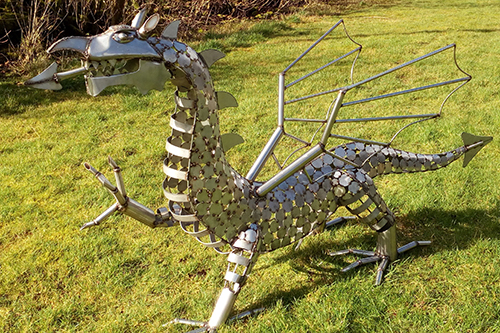
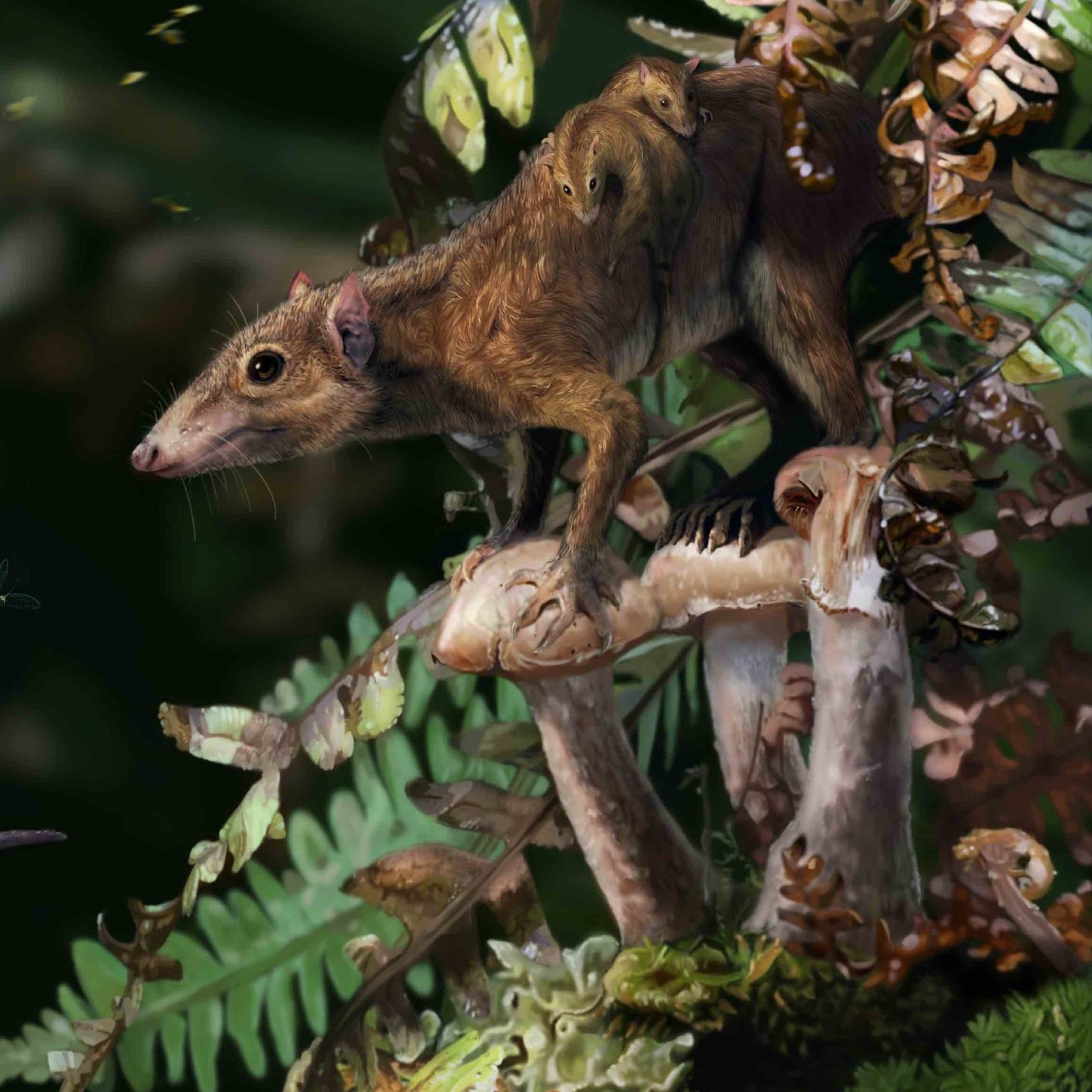
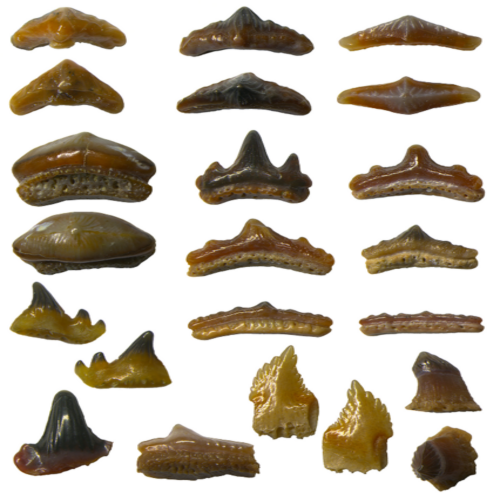
.jpg)
.jpg)
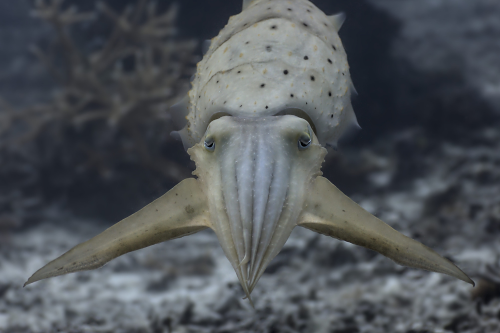

.jpg)